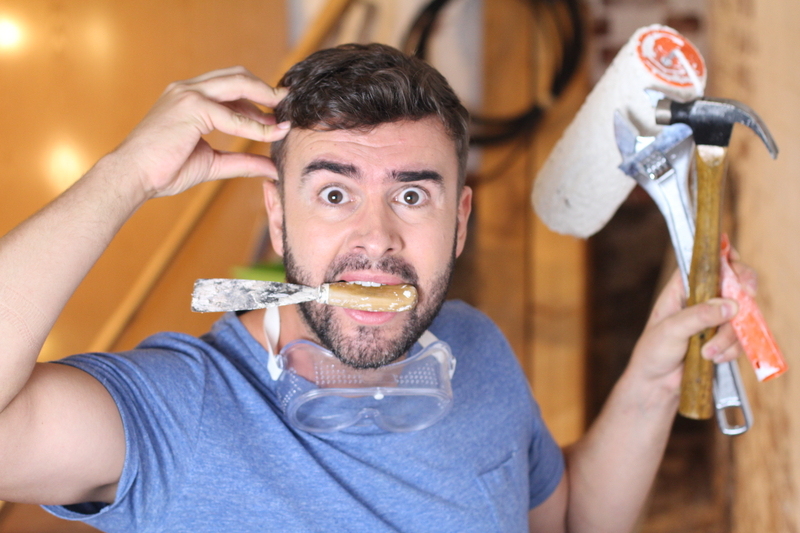DIY projects can be a great way to stay busy and get creative, but it’s important to know your limits. Taking on projects that are outside of your skill set or beyond the scope of what you can manage can lead to frustration, costly repairs, and even injury. Before starting any DIY project, it is essential for anyone looking to take on the job themselves to understand what kind of work they are capable of doing without running into trouble.
Don’t Tackle Anything Too Complex
Taking on a complicated project that requires advanced skills and tools can be a recipe for disaster if you are not properly equipped or knowledgeable. It is natural to want to challenge yourself and learn new skills through DIY projects. However, pushing yourself too far beyond your capabilities can lead to costly mistakes and even serious injuries.
Therefore, it is essential to assess the complexity of a project before diving in headfirst. Consider your level of experience, the tools available, and the time and effort required to complete the task. If you have some knowledge and experience in the field, you can take on more complex projects, but you should continue to be cautious.
Avoid Danger
While DIY projects can be exciting and satisfying, there are some areas where you should always defer to a professional. These are the areas that can be dangerous or require specialized skills, such as roofing or electrical work. Roofing is one project that should be approached with caution, as falling from a roof can result in severe injuries or even death. Roof damage that happens due to neglect can be quite expensive to repair later. Not to mention, roof work requires specific tools, knowledge, and techniques to ensure that it is done correctly. A professional roofer has the correct equipment and training to do the job properly, so it’s best to leave it to them.
Know Your Skills
Before starting any DIY project, take the time to assess your skills. Start by identifying the type of project you’re considering. Look at the tools and materials required, and ask yourself if you’re comfortable using them. If not, consider taking a class or watching instructional videos to familiarize yourself with the process. It’s essential to be realistic about your skills and what you can accomplish. If a project requires skills or equipment you don’t have, it’s best to leave it to the professionals. For example, electrical or plumbing work should always be done by licensed professionals.
You should be realistic about your DIY skills and the scope of any project. Knowing your limits will help ensure that you don’t take on something too complicated or dangerous for which you are not equipped. With these tips in mind, have fun tackling all kinds of exciting DIY projects.
Did you enjoy reading this article? Here’s more to read: What to Do When Moving in Senior Loved Ones


